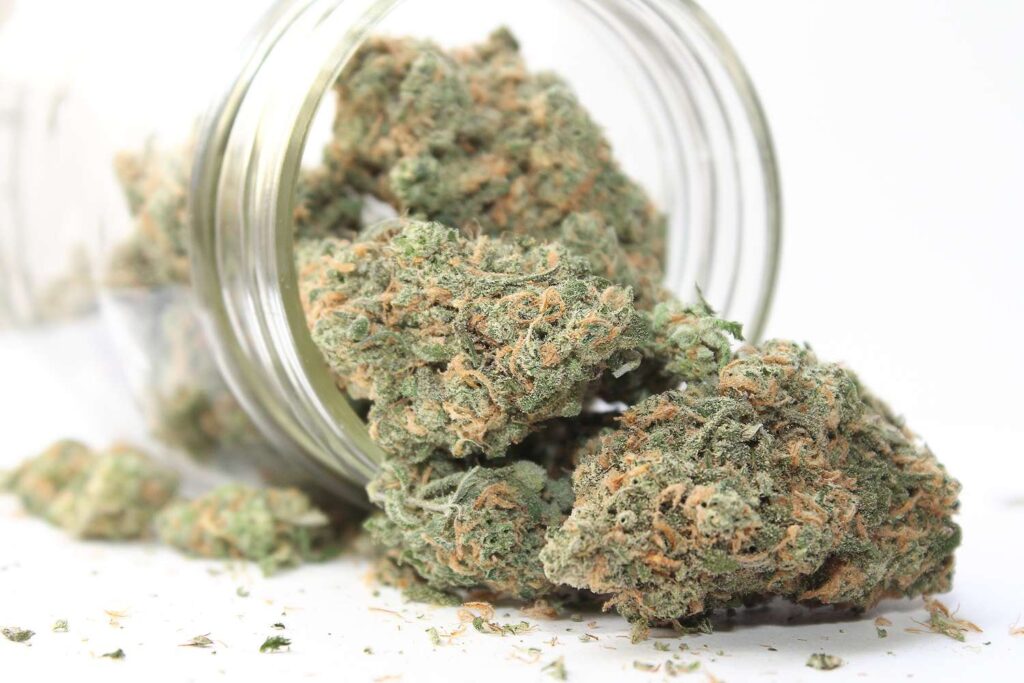Minnesota lawmakers have finalized an agreement on a cannabis policy bill that includes a series of changes aimed at improving the state’s marijuana laws ahead of the official launch of licensed sales.

The revisions were adopted Friday by a joint House and Senate conference committee, with Representative Zack Stephenson (DFL) and Senator D. Scott Dibble (DFL) leading the effort through legislation HF 1615/SF 2370.
The bill includes technical updates and policy adjustments requested by the state’s Office of Cannabis Management (OCM). Eric Taubel, the agency’s interim director, said the changes are critical to a smooth licensing rollout and broader implementation.
“OCM continues to make significant milestones in the implementation of the cannabis market and this legislation will support our shared goal of launching a safe well-regulated market,” said Taubel.
The Cannabis Expungement Board also backs the agreement. Mark Haase, the board’s deputy director and general counsel, said it helps align the expungement process with the original legislative intent by addressing inconsistencies around sealing cannabis-related felony records. It would also allow sealing of cannabis-related charges in cases with multiple offenses if the other charges were dismissed and also marijuana-related.
Among the key provisions in the revised bill:
-
Creation of a lower-potency hemp wholesaler license
-
Expansion of social equity eligibility to include those with adjudicated cannabis-related sentences
-
Authorization of product sampling by vendors at cannabis events
-
Permission for manufacturers to export non-compliant low-potency hemp products out of state
-
Allowing product testing to begin before full accreditation is completed
-
Defining a single THC beverage serving as containing no more than 10 milligrams of THC
Despite bipartisan support for the bill, some lawmakers expressed concern about the state’s cannabis rollout. Representative Nolan West (R) criticized the model as overly restrictive and unrealistic.
“My frustration with the current direction… is that it’s so overly regulated to create what I would argue is a ‘fantasy situation’ where we’re going to be an exclusively craft industry,” said West.
Meanwhile, Representative Jessica Hanson (DFL) warned that some cities and counties are using zoning laws to block marijuana businesses from operating, effectively creating local cannabis bans.
“Too many I’ve heard personally all but bragging about how they are finding a way to outwit the state and to find their ways around the law,” Hanson said, encouraging residents to push back against local obstruction.
Although the issue was brought up too late for the 2025 session, Hanson said it will be a focus in 2026.






